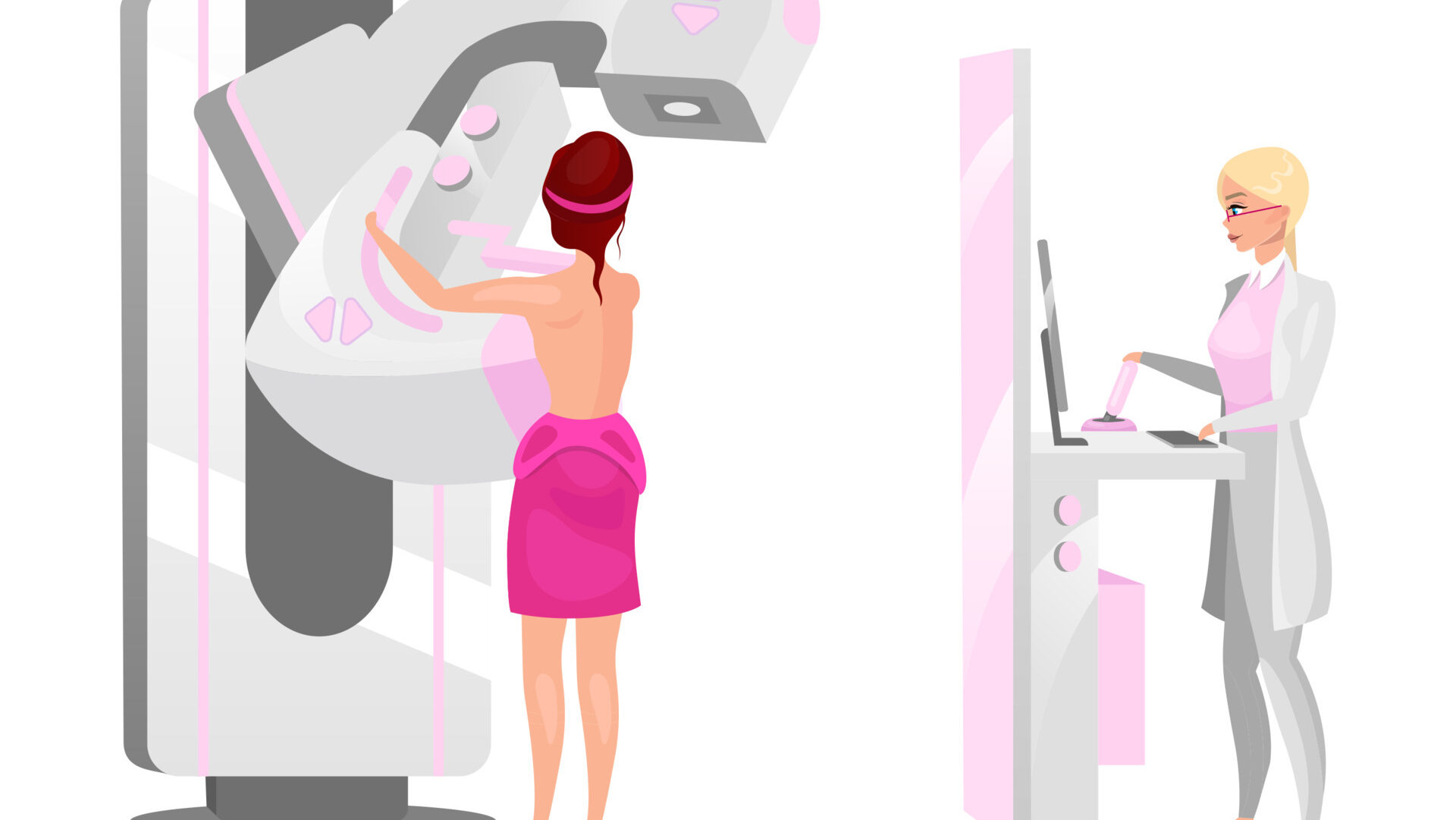Miguel Bronchud, Co-Founder and Advisory Board at Regenerative Medicine Solutions, shared a post on LinkedIn:
“Breast cancer screening- no doubt an effective tool to detect early breast cancer, but still with ‘evolving guidelines’?
On March 10, 2023, the American FDA issued the final rule to amend the Mammography Quality Standards Act (MQSA) regulations. Facilities subject to the MQSA must comply with all applicable requirements, including the breast density notification, no later than September 10, 2024 in the USA. It is now recommended that breast cancer screening start at age 40 and continue every other year until age 74 to better serve younger women.
The latest data, which span 2015 to 2019, show a 2% increase in breast cancer diagnoses per year among women in their 40s.
The mammography report shall include an overall assessment of breast density, classified in one of the following categories:
* ‘The breasts are almost entirely fatty.’
* ‘There are scattered areas of fibroglandular density.’
* ‘The breasts are heterogeneously dense, which may obscure small masses.’
* ‘The breasts are extremely dense, which lowers the sensitivity of mammography.’
Depending on whether the patient’s breast density is dense or not dense, as indicated by the mammography report, the patient lay summary must include one of the following notification statements:
* ‘Breast tissue can be either dense or not dense. Dense tissue makes it harder to find breast cancer on a mammogram and also raises the risk of developing breast cancer. Your breast tissue is not dense. Talk to your healthcare provider about breast density, risks for breast cancer, and your individual situation.’
Interpreting a mammogram can be a difficult task. Histological (biopsy) confirmation is required.
In Europe, there are also several different ongoing guidelines. In general:
* High-risk women should start screening earlier; first with yearly breast MRI which can be supplemented by yearly or biennial mammography starting at 35–40 years old (evidence level I). Breast MRI screening should be also offered to women with extremely dense breasts (evidence level I). If MRI is not available, ultrasound can be performed as an alternative, although the added value of supplemental ultrasound regarding cancer detection remains limited.
* Individual screening recommendations should be made through a shared decision-making process between women and physicians.”
